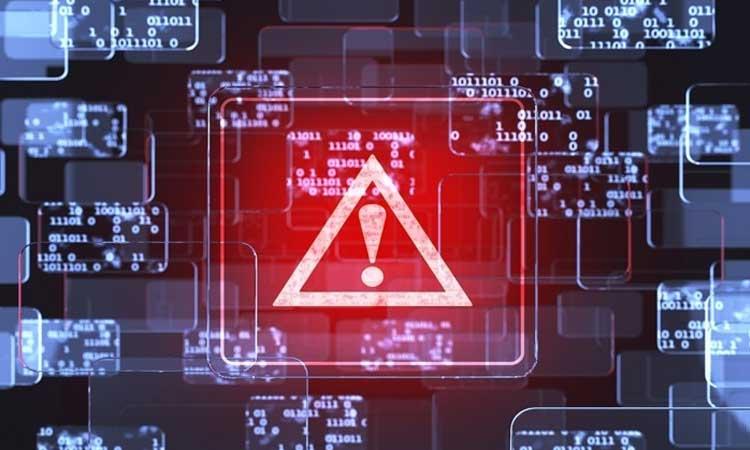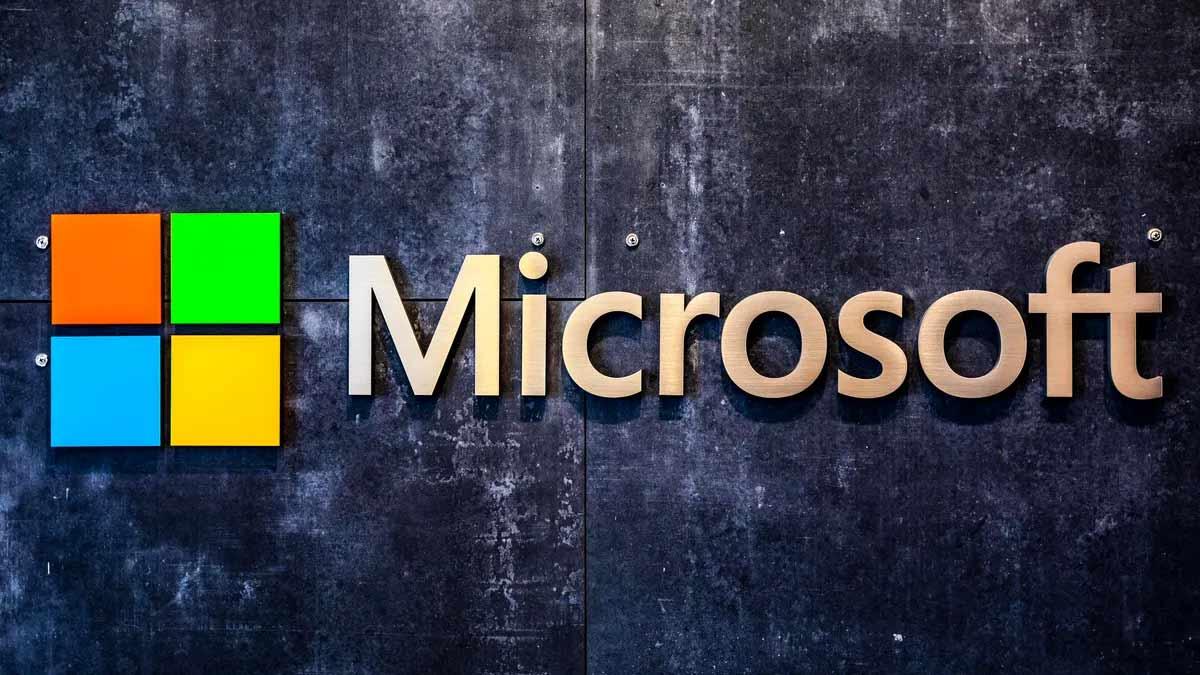At least 61 entities from the Asia Pacific (APAC) region were breached by a targeted ransomware group in 2020, global cybersecurity company Kaspersky has revealed.
Also dubbed as "Ransomware 2.0", this type of attack goes beyond keeping a company's or an organisation's data hostage.
These groups are now utilising the increasingly valued digital reputation to force their prey to pay hefty ransom.
Australia and India logged the highest number of incidents across APAC, the company said.
"Targeted ransomware has been a problem for many Asian enterprises. Over 61 companies were breached this way in Asia alone. In some cases, Maze ransomware gang claimed responsibility and published stolen data from the compromised companies," Vitaly Kamluk, Director of Global Research and Analysis Team (GReAT) for APAC at Kaspersky, said in a statement.
In terms of industries, Kaspersky's data showed that organisation that were breached belonged to sectors including light industry, including the manufacturing of clothes, shoes, furniture, consumer electronics and home appliances; public service; media and technology, heavy industry; consulting; finance and logistics.
"Pressure tactic is a serious threat to public and private organisations. This attack plays on companies' digital reputation as it threatens to divulge data of a breached entity, compromising its security and its name at the same time," Kamluk added.
Kamluk noted that digitalisation has birthed different pressure points for a company.
Earlier, enterprises' main concerns only included business continuity and, depending on the industry, government regulation.
Now, surviving in the era of digital reputation economy means that they should also be aware of business trust -- with their partners and customers -- as well as public opinion.
A recent survey conducted by Kaspersky showed that 51 per cent of users in APAC agree that a company's online reputation is essential.
Almost half also admitted that they avoid companies who were involved in a scandal or had received negative news coverage online.
To stay ahead of their enemies, organisations nees to make backups, simulate attacks and prepare action plan for disaster recovery, Kamluk said.


















